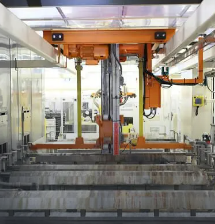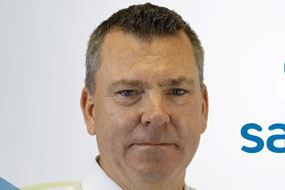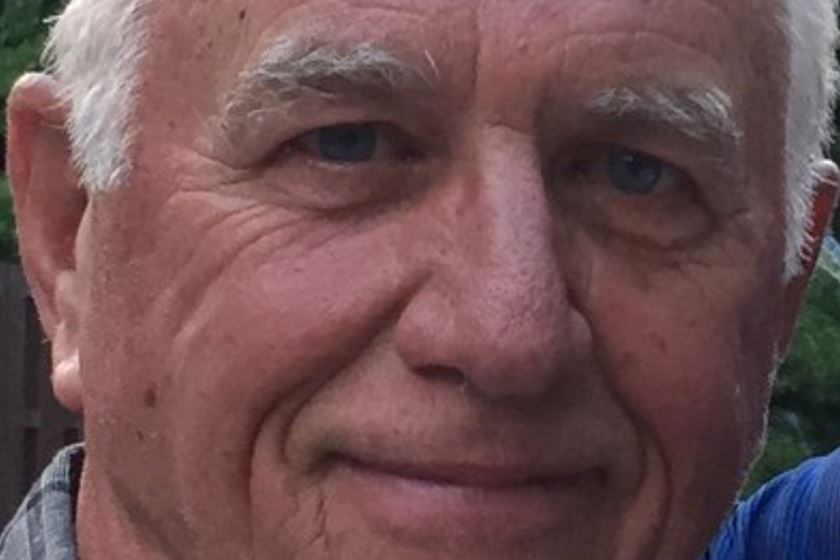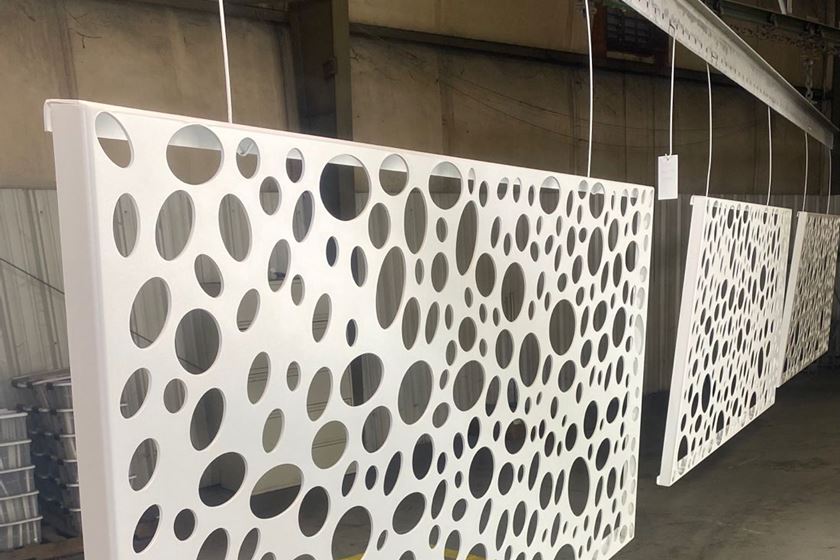Pimp My Industry
If you've tuned into cable television anytime in the last year or so, you've probably noticed the wealth of TV shows devoted to the fabrication of custom cars, motorcycles and other devices of transportation.
#automotive
If you've tuned into cable television anytime in the last year or so, you've probably noticed the wealth of TV shows devoted to the fabrication of custom cars, motorcycles and other devices of transportation.
Featured Content
They go by names like "American Chopper," "Monster Garage" and "Pimp My Ride" and they tend to feature colorful personalities like the tattooed Jesse James and the ever-bickering Teutul family.
Personally, I think the finishing industry owes a huge debt of gratitude to shows like these.
Let me explain. Last year, I visited Northwest Iowa Community College for a story on paint application training. While there, I spoke with a man named Steven Youngs. Youngs heads up the Auto Body curriculum at NWICC (which features an emphasis on paint training). As we toured the campus, he commented that student registrations at the college had increased dramatically, thanks in part to shows like the ones I mentioned.
Even though many of Youngs's students will not go on to careers involving the production of custom vehicles, the skills they develop in his class will prepare them for jobs in industrial and automotive coating, auto body repair and other related fields.
Let's face it. The world of industrial finishing isn't as "sexy" as some. Young kids dream of growing up to become astronauts, firefighters and professional athletes (or, for this writer's part, President of the United States). Few of us ever imagined as children that we'd be working in the industrial finishing industry someday. That's not to say that our careers are not exciting and rewarding, but it's probably fair to say that they are not the stuff that nine year olds dream of. But thanks to guys like Jesse James and Paul Teutul, Sr., that's starting to change.
But still, relying on a handful of television shows—regardless of how entertaining or informative they may be—is not enough. We, as an industry, need to work together to explore ways in which we can engage tomorrow's finishers today. Too many careers in our industry have started because somebody handed somebody else a paint gun and said, "go paint." We need to make a connection with kids in their formative years, and we need to capitalize on that connection later on down the road in the form of education and training. If we can succeed at that task, I assure you that tomorrow's industry will be like nothing we've ever seen before.
RELATED CONTENT
-
Henry Ford Is Still Right When It Comes to Color
Who would have imagined that more than 100 years after his famous statement about any color as long as it’s black would still have relevance of a sort?
-
Five Principles of Lean Manufacturing from Toyota Production Systems
Fostering Sustainable business and People success through new ways of thinking
-
Building an E-coat Line from the Ground Up
How one company is prospering by providing flexible e-coat capability to Nissan and other customers.


















